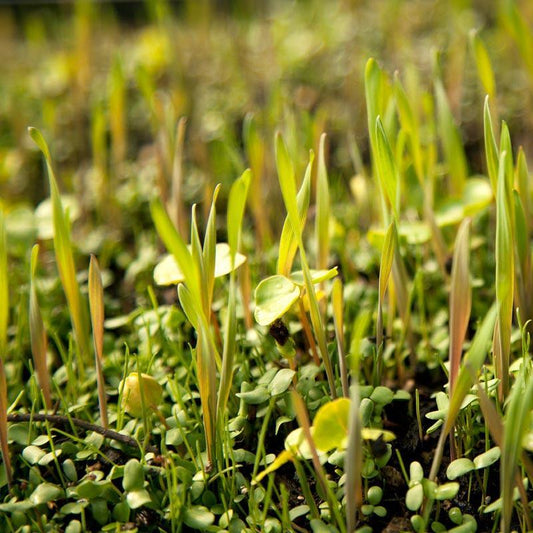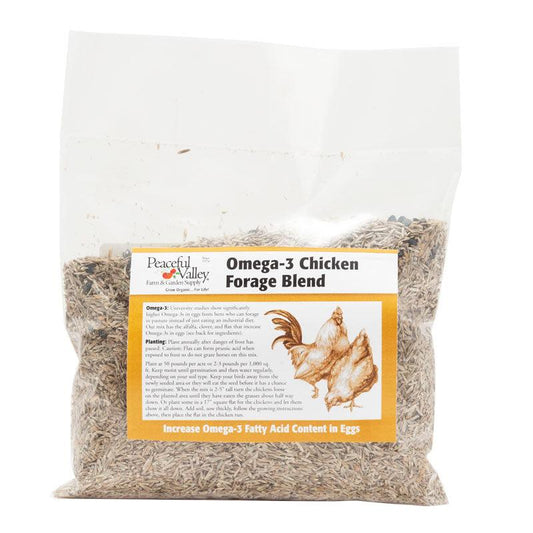Creating a Thriving Chicken Friendly Garden: Essential Tips for Success
Integrating chickens into your garden can be a rewarding experience—providing natural pest control, fresh eggs, composting help, and loads of personality. To create a truly chicken friendly garden, thoughtful planning is key to balancing plant health and flock safety. Here are 10 essential chicken garden ideas to help you build a beautiful, productive space that benefits both your chickens and your plants.
1. Choose Safe Flowers and Plants
- Incorporate flowers like marigolds, nasturtiums, calendula, clover, and sunflowers. These add beauty to your garden and offer healthy, edible enrichment for your flock.
- Avoid toxic plants like foxglove, rhubarb leaves, azaleas, and nightshades. Always research before planting to keep your chickens safe.
2. Protect Fragile Plants
- Chickens are expert scratchers and diggers. Use raised garden beds, chicken wire cloches, or protective fencing to keep them away from tender vegetables and seedlings.
- Installing Gopher Wire (4' x 100') underneath raised beds can protect roots from digging—whether by chickens or burrowing pests.
3. Provide Shade and Shelter
- Chickens can overheat easily, especially in warm weather. Create cool spots using shrubs, trees, or chicken tunnels made with wire hoops and netting.
- You can also use Sun Shade Cloths over parts of the coop or run to block intense sun while allowing airflow, protecting both plants and chickens.
4. Create Dust Bathing Areas
- Dust bathing is essential for chicken hygiene—it helps control mites and keeps feathers clean.
- Build a designated dust bath area using sand, dry soil, and a sprinkle of Diatomaceous Earth (50 lb Bag).
- Sand for chicken coop dust baths is highly recommended because it drains well, doesn’t compact, and helps prevent parasite buildup.
5. Rotate Grazing Areas
- Overgrazing can damage your garden and create bare patches. Set up portable fencing to rotate chickens through different garden zones.
- This rotation helps control weeds, fertilize the soil naturally, and gives the land time to recover.
6. Secure the Perimeter
- Predator-proof fencing is essential to keep your flock safe.
- Use hardware cloth or sturdy poultry fencing around your garden perimeter. Installing Gopher Wire underground helps prevent predators from tunneling into your coop or run.
7. Incorporate Composting Systems
- Chickens are natural composters. Let them pick through your garden scraps and turn waste into nutrient-rich manure.
- Consider a rotating compost bin or a chicken-safe compost area.
- Pro tip: Avoid adding moldy food, meat, or dairy to your compost, as these can harm chickens or attract pests.
8. Use Safe Substances Around Chickens
- For coop bedding or dust baths, sand is a safer, low-dust alternative to other materials.
9. Choose the Best Material for Chicken Coop Construction
Whether building new or upgrading your coop, select materials that are durable, predator-resistant, and weather-tough.
-
Top choices include:
- Plywood or untreated wood for framing
- Metal roofing for weather protection
- Hardware cloth (not chicken wire) for predator-proof ventilation and windows. Avoid treated lumber inside the coop to prevent long-term chemical exposure to your chickens.
10. Design Zones and Plant Cover Crops
- Create specific zones where chickens can roam freely and areas where they are restricted.
- Use fencing or natural dividers like hedges or trellises to separate these spaces.
- Plant cover crops like clover or alfalfa to enrich soil health and provide excellent grazing options for your flock. These dual-purpose crops benefit both your garden and your chickens.
Shop Chicken Supplies
Final Thoughts
A well-planned chicken friendly garden creates harmony between your flock and plants. From choosing the right sand for chicken coop dust baths to selecting the best material for chicken coop construction, every detail matters for healthier birds and a thriving garden.
Remember, healthy chickens start with proper nutrition. Explore our collections of organic livestock feed and organic chicken feed for high-quality, non-GMO options that support natural, sustainable backyard farming.
FAQ: 10 Essentials for a Chicken Friendly Garden: Sand for Chicken Coop and Best Material for Chicken Coop Guide
-
What makes a garden a chicken friendly garden?
- A chicken friendly garden balances the needs of your flock with plant protection. It includes chicken-safe flowers, shaded areas, dust baths, and secure fencing. Designating foraging zones and avoiding toxic plants are also key.
-
What is the best material for chicken coop construction?
- The best material for a chicken coop includes untreated plywood or wood for framing, metal roofing for durability, and hardware cloth for predator-proof ventilation. Avoid using treated lumber inside the coop to reduce chemical exposure.
-
Is sand for chicken coop bedding a good choice?
- Yes, sand for chicken coop floors or dust baths is an excellent choice. It drains well, doesn’t compact, and helps control odors and parasites. It's also easy to clean, making it ideal for both coops and runs.
-
What are chicken safe flowers I can plant in the garden?
- Popular chicken safe flowers include marigolds, nasturtiums, calendula, clover, and sunflowers. These are non-toxic and can even be pecked at by your flock for enrichment.
-
Can chickens eat ivy?
- Can chickens eat English ivy?
No, chickens should not eat ivy, including English ivy, as it is toxic and can cause digestive distress or illness. Always remove or fence off ivy from areas where chickens forage.
- Can chickens eat English ivy?
-
Are bleeding hearts poisonous to chickens?
- Yes, bleeding hearts are poisonous to chickens. All parts of the plant contain alkaloids that can be harmful if ingested. It's best to avoid planting them in or near your chicken’s roaming area.
-
Can chickens eat butterfly bush?
- Butterfly bush (Buddleja) is generally considered non-toxic to chickens, though it's not commonly eaten. While not a danger, it's still best to monitor your flock to ensure they don’t over-consume any non-food plants.
-
What are some chicken resistant plants?
- Chicken resistant plants tend to be those with strong scents, tough leaves, or unappealing textures. Examples include lavender, rosemary, sage, yarrow, and ornamental grasses. These plants are more likely to survive scratching and pecking.
Resource Area: Raising Chicks for Your Flock
Prepare for chicks with tools and resources that support their early weeks:
- Complete Guide to Housing, Feeding & Care – A full walkthrough from setting up a brooder to ensuring healthy growth.
- Peaceful Valley Chickens – Explore breeds, starter kits, and chick-raising essentials in our chicken hub.







1 comment
This is a great article, lots of good points!